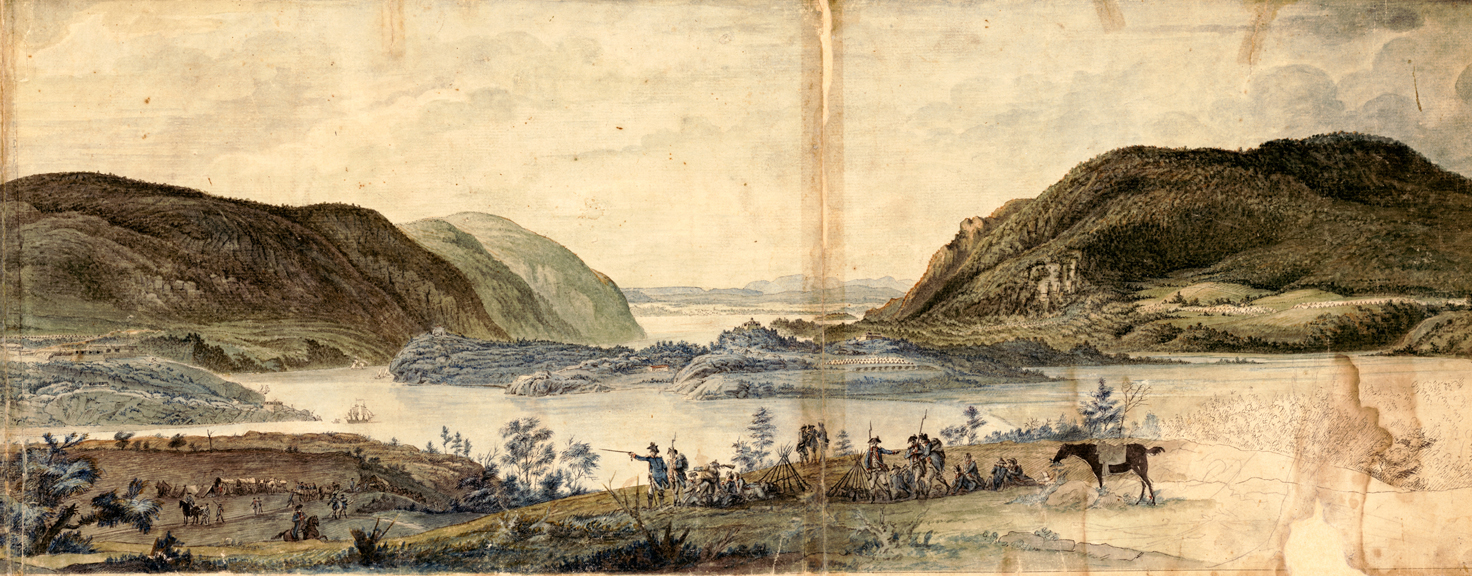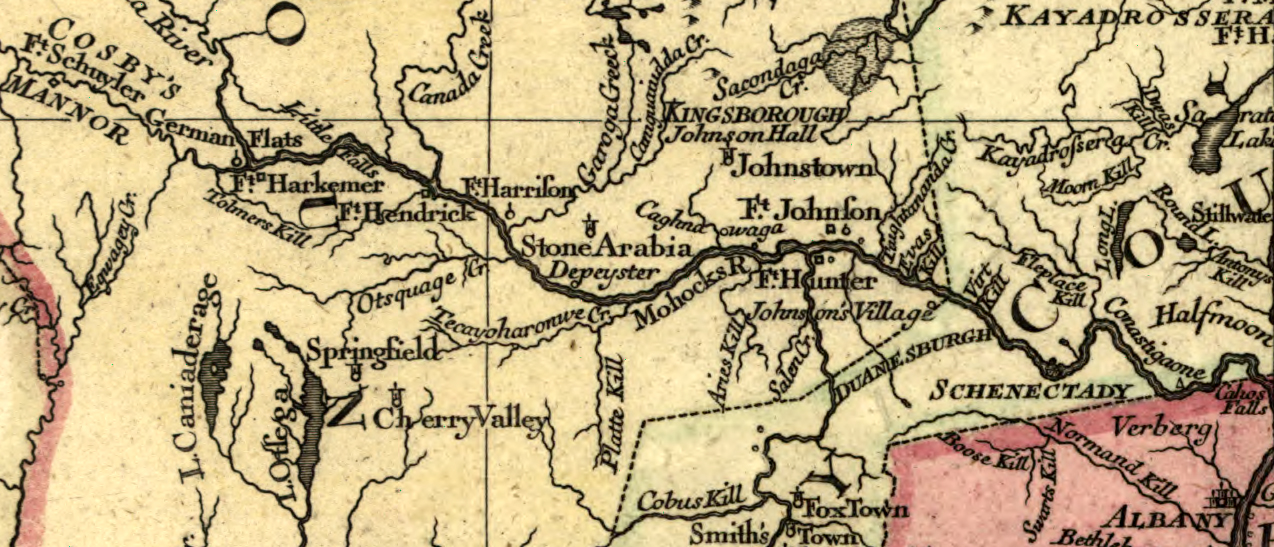Greatest consequence of the American Revolution?
The greatest consequence of the Revolution is the way the Declaration of Independence spread around the globe. Eventually it spawned over 200 similar declarations.
–Thomas Fleming
The creation of an independent American empire (George Washington’s descriptive) was the most important although I believe it was inevitable due to socio-economic forces. It is said that every revolution begins with one person who has a dream. I disagree but rather believe that a people unintentionally create the need for charge that invents a revolution that then goes out to recruit its leaders, heroes, villains, and martyrs.
–Robert Scott Davis
Beyond the obvious consequence of independence, the Revolution set up a chain of catastrophic events. It meant there would be no barrier between Native Americans and land-hungry American settlers; most Indians, including the few tribes that supported the rebels, lost most of their land. It destroyed the French economy and led to the French Revolution. The Rev olution’s mythology today distorts things like the purpose of the Second Amendment, the need for a federal government that Washington and most of his generals supported, and the acceptance of taxation with representation. Fortunately, it also set the stage for the debates about slavery, one-man one-vote, and universal suffrage.
–Don Glickstein
Without a doubt, the greatest consequence was the creation of a successful republic. Historically, before the Revolution republics were short-lived, devolving into various tyrannical governments. The founders knew their history and created a republic that has endured for more than two centuries and has served as the model for many other nations’ governments, a remarkable achievement.
–Jim Piecuch
The establishment of democratic forms of government as the accepted (if not always achieved) worldwide standard, enshrining the principle of rule of, by and for the people rather than rule of, by and for the ruler.
–Norman Fuss
In my view, the greatest consequence was global. The United States was the first colonial community to successfully break away from the founding European power, and our example was quickly followed by Haiti (which broke free of France under Toussaint L’Overture) and in the early 19th century, the series of revolutions that might be called the “Latin Spring” that created of the Central and South American republics. With the sole exception of Canada, which remained under British sovereignty (although granted nominal independence in 1867) and a handful of Caribbean islands (notably Cuba, “liberated” from Spain by the US in 1898), our Revolution set in motion a “domino effect” that resulted in a Western Hemisphere of (mostly) independent states. This was (and is) a development of worldwide importance.
–Curtis F. Morgan, Jr.
The greatest (tragic) consequence would have to be America’s reliance upon militia for national defense. A result of events leading up to the revolution, mixed with a strong distrust of standing armies in a time of peace, left little option for politicians (particularly the anti-federalists) but to place trust in citizen soldiers. Unfortunately this was a disaster. Time and again, this idealistic belief led to a wave of constant defeats, from the Northwest Indian War to the War of 1812. This consequence of the Revolution would not go away until the onset of the first World War.
–Thomas Verenna
The collapse of new world slavery. The ideology of the Revolution did much to undermine the seemingly unassailable economic system that than sustained colonial plantations in the Americas. The irony is that the drive for this came not from the independent United States but from the defeated mother country. Abolitionism gave imperial Britain a sense of moral purpose at a time of national introspection. The abolition of the transatlantic slave trade in 1807 gave Britain a means of asserting its political authority as the Royal Navy stopped and searched neutral vessels in order to prevent slaves being shipped from Africa. By the time the United States freed its slaves in 1865, Haiti, Mexico, Britain, Argentina, Uruguay, Venezuela, Greece, Chile, Bolivia, Serbia, Tunisia, Sweden, France, Denmark, Colombia, Peru, Spain, and the Netherlands had all ended slavery.
–Matthew P. Dziennik
Following victory, 13 independent states had to figure out how they’d be governed together, if at all. The experience with Congress during the War, the Colonies’ long experience with a monarchy (for good and bad) and the operation of local legislatures and operating committees, in my view, propelled the independent states into our founding document. The consequence was the US Constitution that designed our government with three branches with separation of powers, checks and balances, a Bill of Rights and amendment process, among other important provisions. It established a system of law, reliant on precedent, that over time, eventually seems to get things right.
–Steven Paul Mark
The conclusion of the American Revolution marked the beginning of the end of European domination of the Americas and the end of colonialism as a successful form of political organization. While the decolonialization process would take over two hundred years to complete, the die was cast. The 13 United States colonies led the way for colonies throughout the world to become independent nations. In the long term, the colonial form of governmental control proved not to be either politically or economically enduring.
–Gene Procknow
The greatest consequence of the American Revolution stemmed from Jefferson’s master stroke in the Declaration of Independence. His ringing declaration that “all men are created equal” and all possess the natural right to “life, liberty, and the pursuit of happiness” has inspired generations hopeful of realizing the meaning of the American Revolution.
–John Ferling
I see two huge results of the Revolution, related and yet possibly separate.
The first was the creation of a large republic, geographically the largest the planet had yet seen, based on certain explicit principles: natural human rights, popular sovereignty, balanced government, the rule of law, a written constitution, freedom of religion, and so on. (Those principles stand in contrast to the founding principles of nations in other times, such as a divine mission or ethnic/linguistic solidarity.) Even though that republic was already violating some of its ideals, it quickly became a model for political movements elsewhere in the world. Those principles also guided its own development toward further democracy and equal rights, and to some extent its approach to geopolitics.
The second consequence was the creation of a large independent nation in North America enjoying the advantages of a protective ocean to the east and a wide continent to the west, where the population was generally less dense and less technologically advantaged. That geography allowed the nation’s citizens to migrate west within the same latitudes without having to make big cultural and technological adjustments. Those people proved willing to set aside some of their nation’s founding values in order to acquire land and other resources. As a result, just a little more than a century after setting up their federal government, that nation had grown across the continent and dominated its hemisphere. It soon embarked on a new sort of expansion, seeking to influence nations elsewhere in the world.
As to which development will have a greater effect on humanity—the example of a republic based on the idea of natural rights, or the expansive nation with a sense of entitlement—that depends on the nation’s behavior into the future.
–J. L. Bell
Apart from establishing an American republic in the western hemisphere, it started the fall of royal authoritarian rule throughout the world; a revolution that continues to this day. The ideas of liberty, a written Constitution, self-government and, in fact, the right of a people to overthrow a corrupt government were realized all over again from earlier English rights. Only this time the rights were realized through the bloodshed of colonial Americans, and the intelligence and perseverance of those visionary Founders.
–John L. Smith, Jr.
Securing the independence of a country that would rise to become the most economically successful and militarily powerful country in the world, with a foundation based on the American Revolution’s principles of liberty, equality, democracy and individual rights. While it took a while to secure these principles, and they are still and always will be a work in progress, the principles established in the Revolution made significant progress possible.
–Christian McBurney
How about greatest for the first year: the loss of Dr. Joseph Warren, once more famous that G. Washington, eloquent and as capable as J. Adams, he might’ve been U.S. President had he not died at the Battle of Bunker Hill.
–Derek W. Beck
The independence of the United States stands as the greatest consequence of the American Revolution. Independence forced the colonies-turned-states to adjust to life outside of the British Empire. The Americans’ experienced drastic changes in politics, economics, and diplomacy. The British Navy no longer protected American ships. Great Britain excluded American vessels from trade in the British West Indies. Some European merchants took advantage of American merchants because European courts favored its citizens; the Articles of Confederation government stood powerless to intervene on the behalf of its citizens. The people of the United States adjusted their patterns of government, trade, and diplomacy over time as they learned what types of government, diplomacy, and trading places worked for their new republic.
–Elizabeth M. Covart
For me, the greatest consequence of the American Revolution was the establishment of a constitutional republic in the Western Hemisphere, one which laid the foundation for an increasingly less imperfect democratic and egalitarian society. Also, there’s no denying that, almost 250 years later, WE are the consequence of the Revolution. One need not go far in our current political or popular culture to see reminders of and references to the Revolution. And so in that sense, and in its most historical sense, one of the greatest achievements of the Revolution has been the longevity of its consequences.
–Michael D. Hattem
The greatest consequence of the American Revolution was also the source of its global significance: the sanctification of the language of liberty. Regardless of what it meant at the time to the slaveholding nation-builders who adopted the Declaration of Independence, Jefferson’s imperishable language reflected the highest aspirations of a generation of people around the Atlantic world that the natural condition of all men and women is freedom. The Declaration, which became American scripture when independence was achieved in 1783, inspired slaves in Haiti to revolt, the people of France to destroy a monarchy, the women of Seneca Falls to remind us that the language is no respecter of gender, and Abraham Lincoln to tie the beginning of America–and therefore its proper founding principles–to a few phrases written in 1776, not a constitution adopted in 1787. And it ever serves as a reminder of the continued relevance of the American Revolution: We still hold those truths to be self-evident.
–Taylor Stoermer
[FEATURED IMAGE AT TOP: “A Correct Map of the United States of North America” (1787) by Thomas Bowen. Source: Barry Lawrence Ruderman Antique Maps, Raremaps.com]









2 Comments
In a word, psychology. One need look no further than the incredible challenges that various modern day countries are facing as they discard dictatorial governments and venture off to create their own versions of proper governance. Kosovo, Iraq, Egypt, and Libya are examples of what the colonists faced when a people suddenly emerge from the dark into light and are allowed to envision a future under their own control and not that of some unelected potentate.
Freedom of the mind is what the Revolution represents, regardless of the ensuing messiness resulting from pursuing courses dissimilar to the American experience.
As always, I count on John Ferling for superb and inspiring perspective. Great article all around.